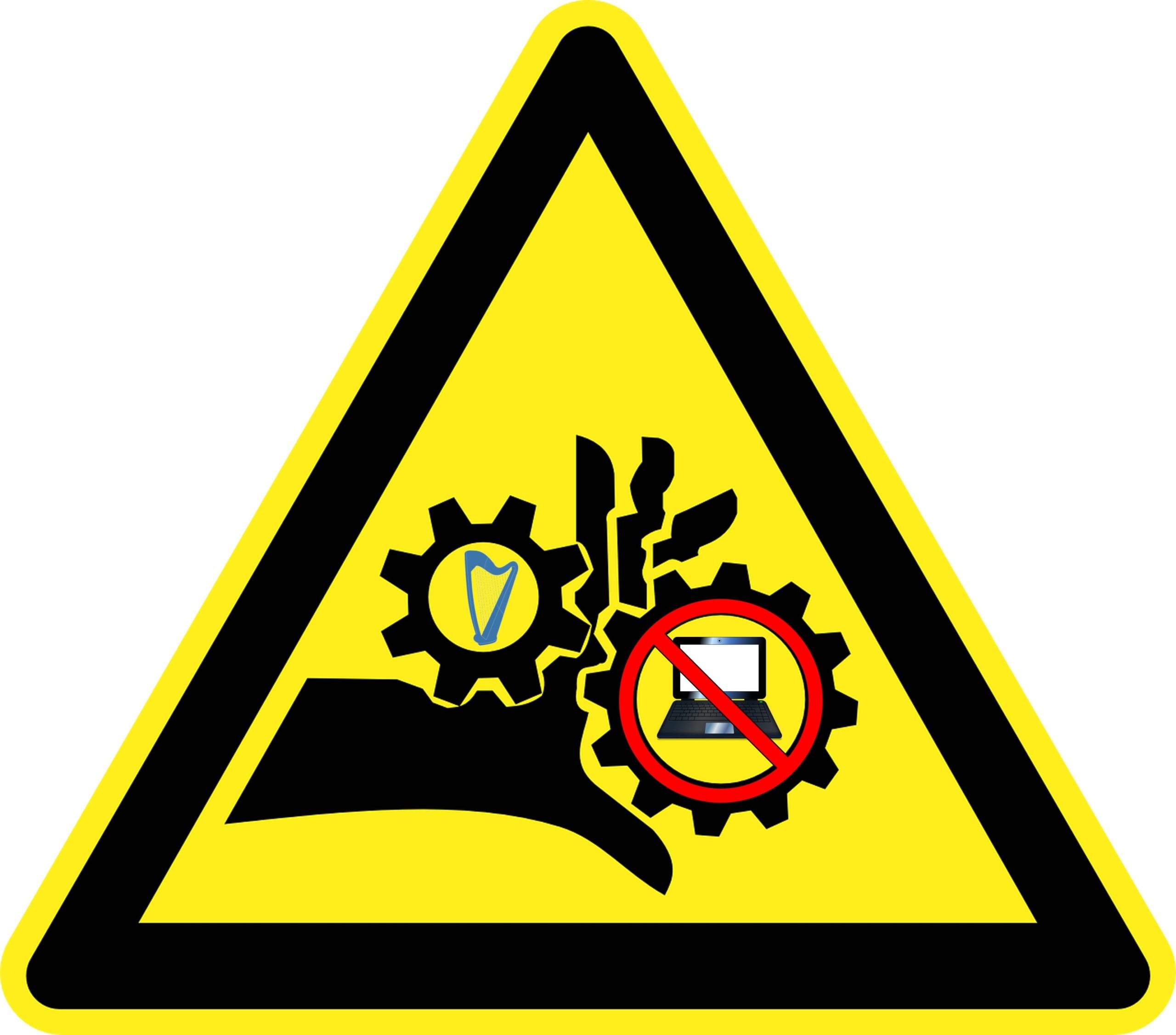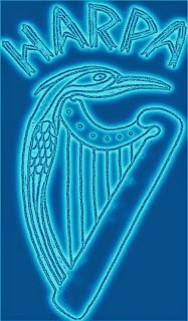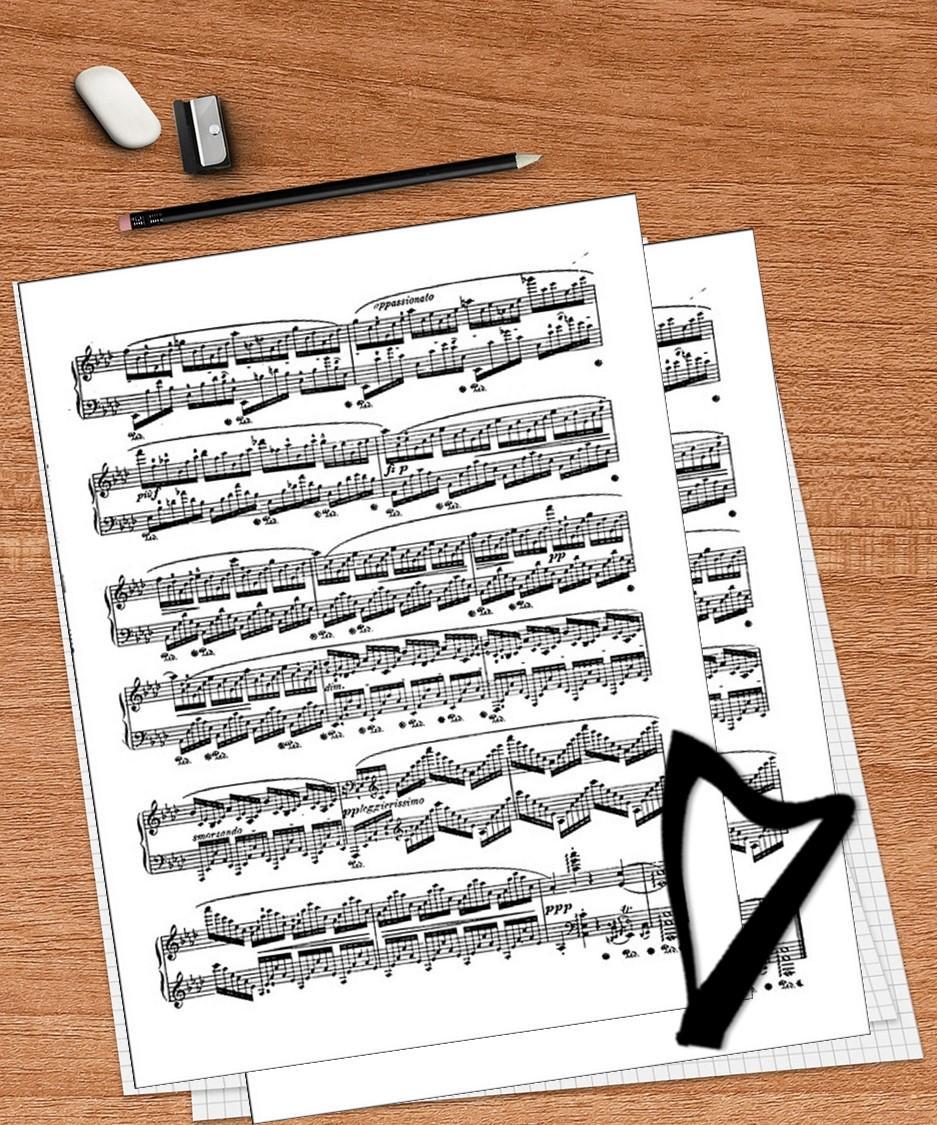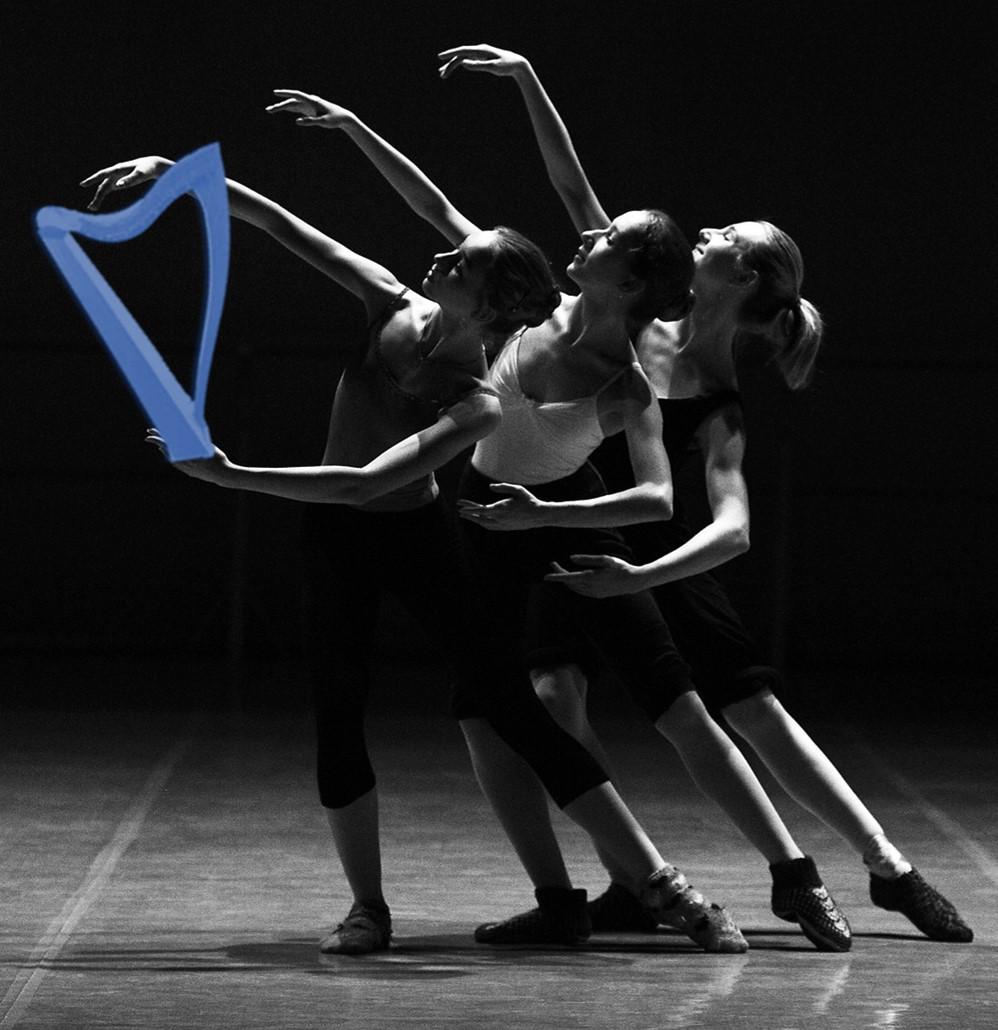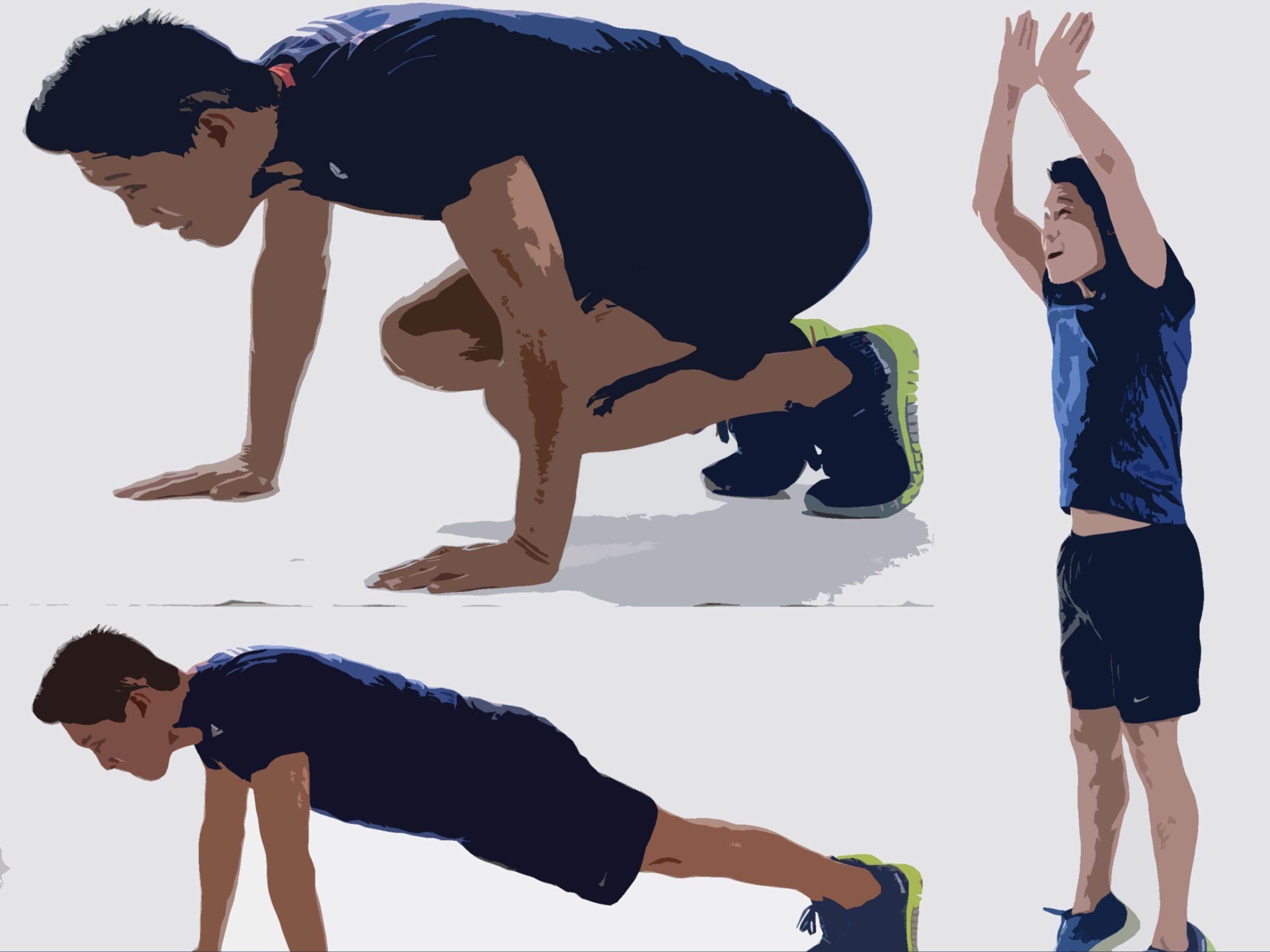Sit up and take notice
It’s May, which is a lovely time of year. It is daylight longer, the temperatures are fairly palatable, and we are ready to emerge from the winter (and to escape spring cleaning). It’s also a time that many think about our general health and fitness – and how fortunate we are to have (generally) good health while being fit enough to do the things we love (like play the harp).
And yet, as I write this, I have three students in treatment for various hand and arm overuse injuries and more that are preparing to seek help for sore forearms, tired fingers, tightness in the palm, neck pain, and more.
Yikes!
This bothers me because 1. I don’t like to see anyone in pain (except maybe that mean girl from 8th grade), 2. It interrupts their practice and our lessons, and 3. As a Human Systems Integration expert and a Certified Music Ergonomist it is painful for me to watch these things develop. I will say that, although these students are feeling the effects in their playing, they have done me proud by working on their technique so that we can be assured that it is not the harp that is the problem. However, the same cannot be said for the rest of their lives and there are still problems that have to be addressed.
A long time ago I heard/read someone say that it didn’t matter if you spent 30 minutes every day in the gym strengthening your abs if the other 23 and half hours of every day you let them slag off! (can’t remember where I got this, but it stuck with me)
This is so true for our harp playing body (and for all your other muscles (and fascia and tendons)). You can have brilliant technique and practice habits at the harp, but if the rest of your day is not similarly managed, you can develop issues that will spill over into your harp life. We don’t focus on our bodies while we sit at our computers, tablets, phones, paperwork, stovetops, or in front of the television. Working from home, our current world, and busy minds have all contributed too.
Contributed to what? Primarily poor posture and long periods of stasis – sitting still. Age also works against you as you calcify ingrown habits as well as losing both flexibility and strength. There may be some truth to those people who say their day job is killing them! Let’s not let us be one of them!
If you’re a kid (define that as you wish), you might think that’s a problem for other people. That it won’t happen to you. That you’re different. Go on telling yourself that. <deep sarcasm> Whatever – of the eight billion people on the planet, a very large proportion of those grow to older adulthood and along the way they lose strength and muscle mass, experience reduced flexibility, and develop age related injuries. It would be good if we maintained good posture, strength, and flexibility to avoid injury and loss.
This week, think about this and the relationship of (the other parts of) your life to your ability to play. Next week, I’ll give you some things to work on to assure that pain, injury, or loss of mobility don’t derail your harping! Are you experiencing any of these things? Let me know in the comments!
